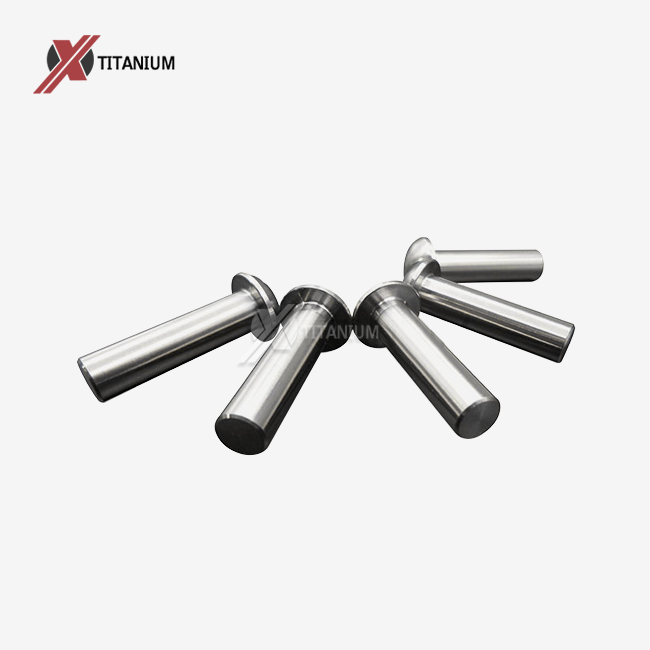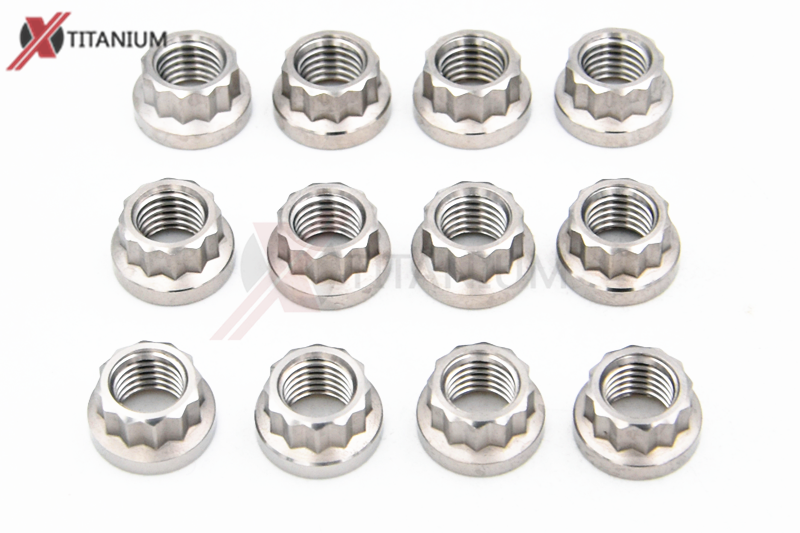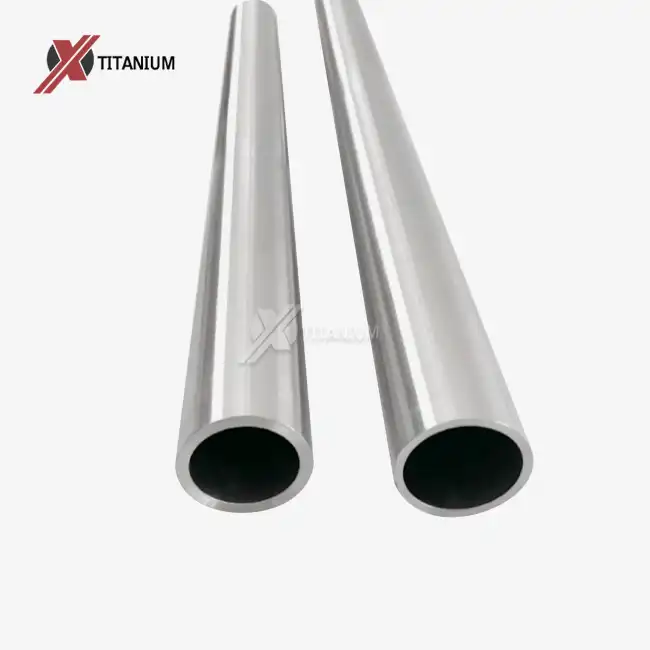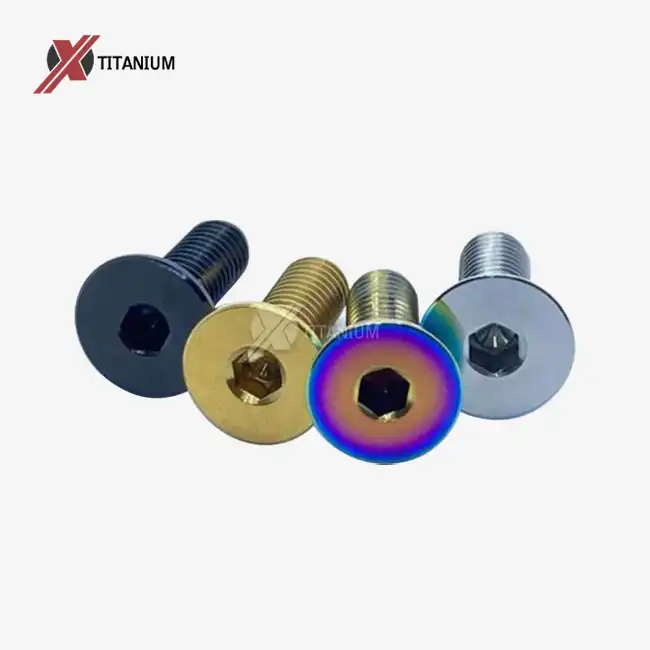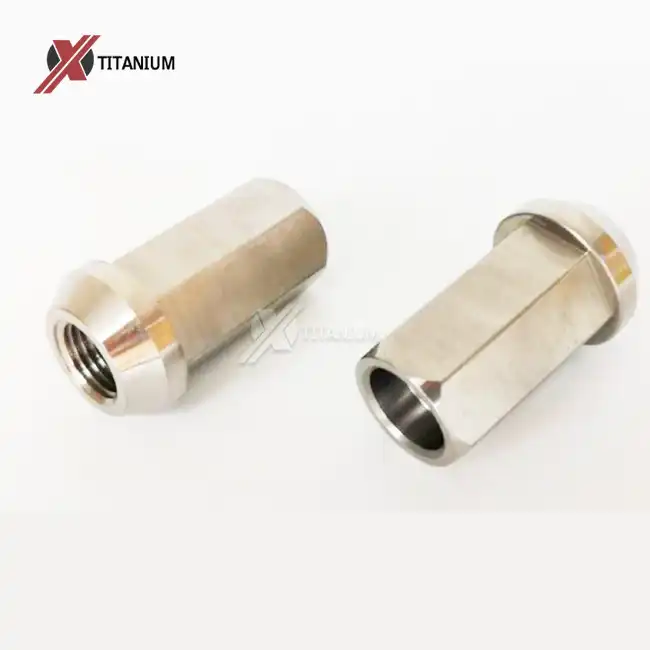Understanding Clevis Pins and Their Applications
What is a Clevis Pin?
A clevis pin is a crucial fastening component used in various mechanical applications. It typically consists of a cylindrical shaft with a head on one end and a hole for a cotter pin or retaining clip on the other. Clevis pins are designed to connect two parts while allowing for pivoting or rotation, making them essential in industries ranging from aerospace to marine engineering.
Common Applications of Clevis Pins
Clevis pins find widespread use across numerous sectors due to their versatility and reliability. In the automotive industry, they're often employed in suspension systems and steering mechanisms. Aerospace engineers rely on clevis pins for aircraft control surfaces and landing gear assemblies. Marine applications include rigging components and deck equipment. The construction sector utilizes these pins in heavy machinery and hydraulic systems. Each of these applications demands pins that can withstand significant stress, corrosion, and repeated use - requirements that titanium clevis pins excel in meeting.
The Importance of Choosing the Right Material
Selecting the appropriate material for clevis pins is paramount to ensuring optimal performance and longevity. While traditional materials like steel and stainless steel have long been used, they come with limitations such as excessive weight or vulnerability to certain types of corrosion. This is where titanium emerges as a game-changer. Titanium clevis pins offer a unique blend of attributes that make them ideal for demanding applications. Their exceptional strength-to-weight ratio allows for robust performance without adding unnecessary bulk, while their resistance to corrosion ensures longevity even in harsh environments.
The Superiority of Titanium Clevis Pins
Unmatched Strength-to-Weight Ratio
One of the most compelling advantages of titanium clevis pins is their remarkable strength-to-weight ratio. Titanium alloys, particularly Grade 5 (Ti6Al4V), offer strength comparable to steel but at nearly half the weight. This characteristic is invaluable in applications where every gram counts, such as in aerospace or high-performance automotive engineering. The ability to maintain structural integrity while significantly reducing overall weight translates to improved fuel efficiency, enhanced performance, and extended operational lifespans for the systems employing these pins.
Exceptional Corrosion Resistance
Titanium's natural resistance to corrosion is another factor that sets titanium clevis pins apart from their counterparts. Unlike steel or even stainless steel, titanium forms a stable, protective oxide layer when exposed to oxygen. This self-healing layer provides robust protection against various forms of corrosion, including galvanic corrosion, pitting, and stress corrosion cracking. The corrosion resistance of titanium clevis pins makes them ideal for use in marine environments, chemical processing plants, and other settings where exposure to corrosive substances is a constant concern.
Temperature Resilience
Titanium clevis pins exhibit excellent performance across a wide range of temperatures. They maintain their strength and structural integrity in both extremely cold and hot conditions, making them suitable for applications in diverse environments. This temperature resilience is particularly valuable in aerospace applications, where components must withstand the extreme cold of high altitudes and the heat generated during re-entry. The ability to perform consistently across varied temperature ranges enhances the reliability and safety of systems utilizing titanium clevis pins.
Manufacturing and Quality Assurance of Titanium Clevis Pins
Advanced Manufacturing Techniques
The production of high-quality titanium clevis pins involves sophisticated manufacturing processes. Computer Numerical Control (CNC) machining is often employed to ensure precise dimensions and tight tolerances. This technology allows for the creation of complex geometries and custom designs to meet specific application requirements. Additionally, techniques such as cold forming and hot forging may be used to enhance the mechanical properties of the titanium, further improving the strength and durability of the final product.
Surface Treatments and Finishes
To augment the already impressive properties of titanium, various surface treatments can be applied to titanium clevis pins. Anodizing, for instance, can enhance corrosion resistance and provide aesthetic appeal with colors ranging from natural titanium to gold, blue, green, purple, black, or even a rainbow effect. Nitriding processes can be employed to increase surface hardness, improving wear resistance in applications involving frequent movement or high loads. These treatments not only enhance performance but also extend the service life of the clevis pins.
Rigorous Quality Control Measures
Ensuring the reliability and performance of titanium clevis pins requires stringent quality control protocols. Reputable manufacturers adhere to international standards such as ASTM B348 and AMS 4928, which set stringent requirements for titanium and titanium alloy bar and billet. Quality assurance processes typically include dimensional checks to verify accuracy, material composition analysis to ensure the correct alloy grade, and non-destructive testing (NDT) methods like ultrasonic or radiographic inspection to detect any internal flaws. These comprehensive quality measures are essential in maintaining the integrity and dependability of titanium clevis pins, especially in critical applications where failure is not an option.
Certification and Traceability
In industries such as aerospace and medical device manufacturing, the traceability of components is crucial. Leading manufacturers of titanium clevis pins implement robust documentation and certification processes. Each batch of pins can be traced back to its raw material source, with detailed records of the manufacturing process, heat treatments, and quality control results. This level of traceability not only ensures compliance with industry regulations but also provides peace of mind to end-users, knowing that each pin meets the highest standards of quality and reliability.
Conclusion
In the realm of fasteners, titanium clevis pins emerge as the epitome of strength, durability, and versatility. Their unparalleled combination of high strength-to-weight ratio, corrosion resistance, and temperature resilience makes them the strongest and most reliable option for a wide array of demanding applications. From aerospace to marine engineering, these exceptional fasteners continue to push the boundaries of what's possible in mechanical design and engineering.
For those seeking the pinnacle of clevis pin performance, titanium stands unrivaled. Its unique properties not only meet but exceed the requirements of the most challenging applications, ensuring longevity, safety, and superior functionality. As we look to the future of engineering and manufacturing, it's clear that titanium clevis pins will continue to be at the forefront of innovation, enabling advancements across numerous industries.
To learn more about titanium clevis pins and explore how they can enhance your projects, reach out to the experts at Baoji Chuanglian New Metal Material Co., Ltd. Contact us at info@cltifastener.com or djy6580@aliyun.com for personalized advice and solutions tailored to your specific needs.
